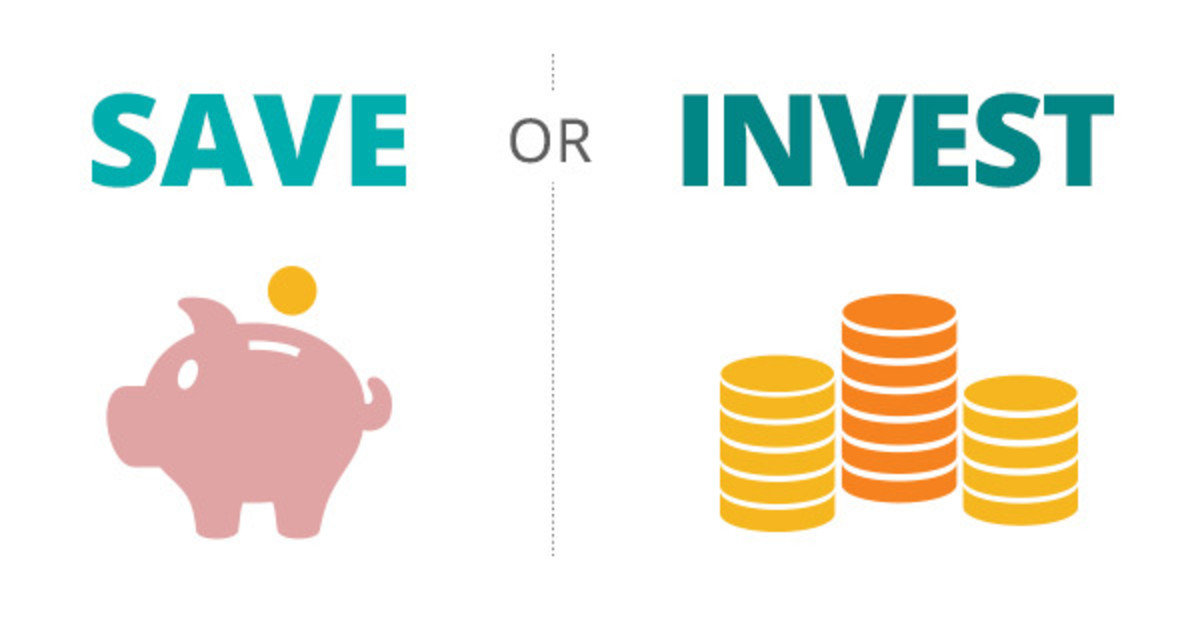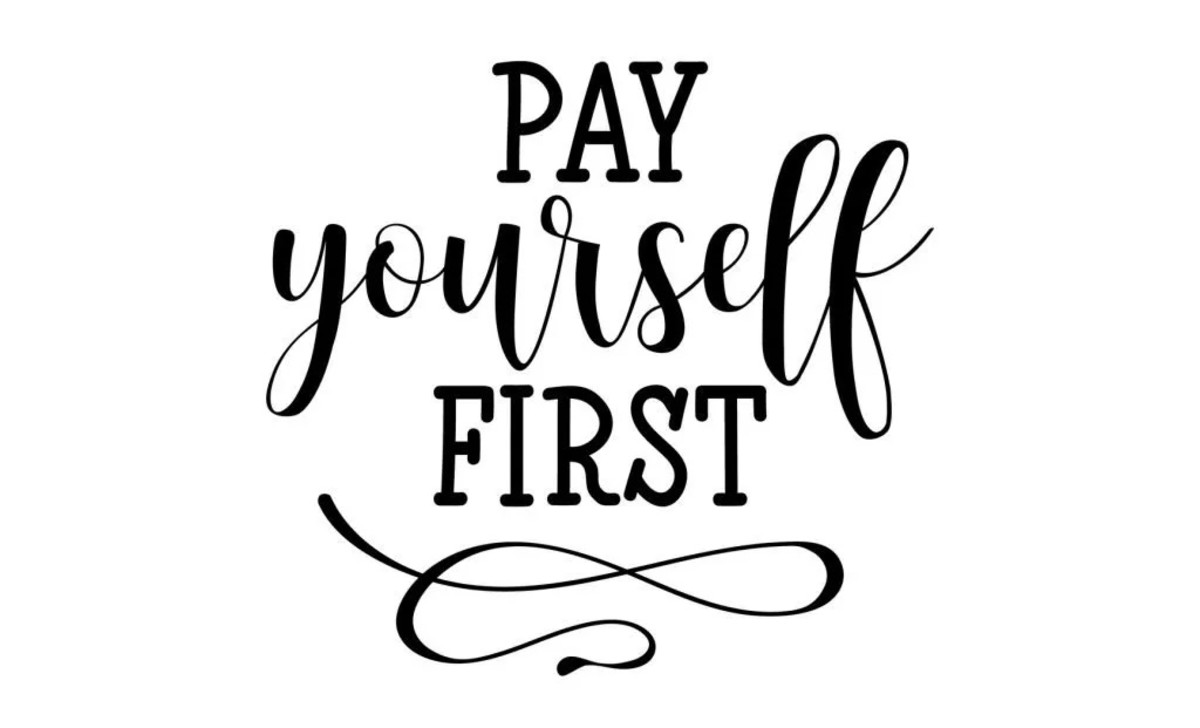Should I Pay Off Debt Or Invest When I’m Under 25?

For young people, it can be tricky to know what to do with your money. Whether you’re entirely new to the workforce, or you’ve been working for a couple of years and have decent savings under your belt, it’s wise to research the best ways to manage your finances.
One of the big questions that financial planners get asked, by both those under 25 and in other stages of life, is whether it’s wise to pay off debts or invest money first. This is a complex question, and the answer will vary based on your individual financial circumstances and goals.
However, before we get into answering this question, it’s important for you to always have a stash of some cash that’s easy for you to access if life throws financial hurdles at you (for example, if you were made redundant or needed urgent car repairs). You never know what’s around the corner, and if you end up investing all your money (or using all of it to pay off your debts), you could find yourself in a tricky financial situation.
A good idea of how much money you should have in a backup account is enough to be able to cover all your living expenses for three to six months. Again, this is dependent on your individual circumstances - for example, you may be able to get away with saving to the lower end of the spectrum if you have parents that could help you out temporarily. Or, you may need to save more if you work in an unreliable industry and have partners or children who are dependent on you. Either way, make an effort to save this money away in a high-interest savings account so that you always have a safety net if you need it.
Here are some positives and negatives for both options so that you can briefly assess which might be the best course of action for you.
The pros and cons of investing
Investing can be a great wealth accumulation strategy (whether you’re investing in shares or in the residential property market). You need to carefully consider the kind of return you’re going to be getting on your chosen investments before choosing this option, so it’s always wise to visit a financial planner before starting any kind of strategy. However, with investing, you always need to be abreast of expected market fluctuations, as well as the extra tax implications of investing in the stock market.
Diversifying your money across different assets will protect your money’s performance if one of the markets suffers a downfall. Putting all your eggs in one basket can be risky, so although you won’t be paying off your home loan as quickly, you’ll be slowly chipping away at your principal and interest repayments (and building a nice stock portfolio) while protecting yourself from tumultuous markets.
As someone under 25, if you invest, you can seriously benefit from the beauty of compounding interest. This is essentially where your money grows on itself, and you can benefit from lower tax rates on long-term capital gains. However, this is a strategy that needs a lot of patience, so you’ll need to be in a financial position where you can put money away and essentially forget about it.
Investing is riskier than paying off debt in that you’re much more at the mercy of the markets. You need to take a long-term approach and speak to a financial advisor so that you’ll be able to cope with market fluctuations. There’s a risk in every strategy, and if you’re going down this path, you’ll need to accept that there’s always the slight possibility that you won’t get your money back. Investing in shares takes time, research and analysis, so if you’re a rookie investor, it always helps to enlist the help of a professional so they can monitor the risk of your investments. You’ll also need to pay income tax on any assets that you sell.
The pros and cons of paying off debt
Paying off your debt can mean a life lived with less stress, lower financial risks and a greater ability to deal with personal emergencies and unexpected financial hurdles. Depending on the type of industry that you work in, making an effort to remain as debt-free as possible could also make it easier for you to endure a financial recession or depression if one were to occur. Not being weighed down by outstanding debt also provides a sense of personal freedom, in that you’d be able to travel or make big purchases if you so wished.
Whether or not you should focus on paying off your debts basically depends on what KINDS of debt you have. For example, if you have debts that are really high-interest (such as credit card debts, personal loans, or cap repayments), paying these off should take precedence over investing. If your credit card company is charging you 20% in interest rates on your spending, then this is basically the same as if you were receiving a 20% return on your saving (which would be essentially unheard of, even by investing in stocks or property).
However, there are some debts that we can consider to be ‘healthy debts’. These include debts that have contributed to your personal or professional development and wellbeing, such as your HECS-HELP loan. If you went to university then it’s highly likely you’ll be paying off your student fees using one of these loans, and they’re essentially the best kind of loan available. They have no interest and no fixed-term, and you only have to start paying them off after you reach a certain income threshold.
After doing your research in regards to your personal financial situation, it could be worthwhile keeping this kind of debt around for as long as possible and making only the repayments that are 100% necessary. This way, you’re able to explore investment opportunities and potentially invest your capital into some high-yielding assets.
Which will be more beneficial in the long run?
To put this all very simple, the most intelligent course of action when it comes to choosing whether to pay off debts or invest should be to compare these two variables:
- The rate of after-tax interest that you’re paying on your debts
- The after-tax rate of return that you’re expecting to earn on any investments
Basically, if you can estimate with decent certainty that you’re going to receive a higher return on your investments than the accumulated interest on your debt, then you should invest. Otherwise, if the interest on your debt is higher than any return you would get on investments, then you should focus on paying off your debt.
Making the best financial decision for you
Choosing whether to manage and pay off your debt or to take the risk of investing your money can be a tricky decision. You’ll need to look at your individual financial circumstances, including your income level and your ability to adapt or cover yourself when unexpected financial issues get thrown your way.
All in all, starting to effectively manage your money when you’re under 25 is the best time to start, as you’ll be able to both bounce back and take advantage of long-term capital gains strategies.








